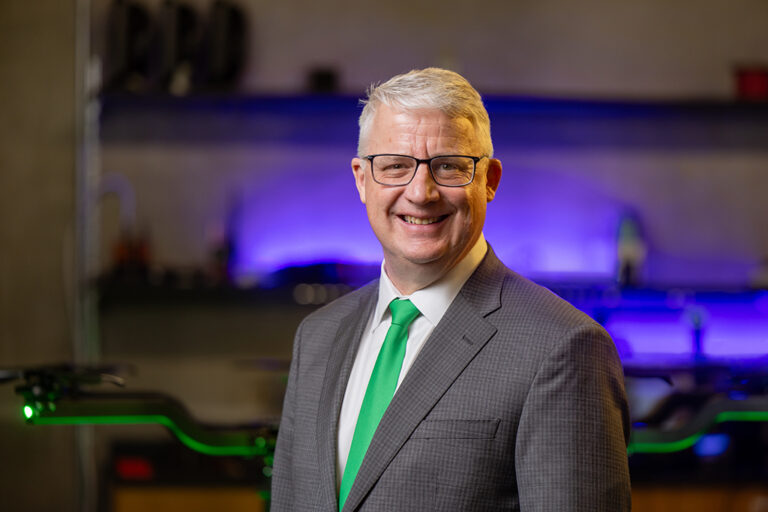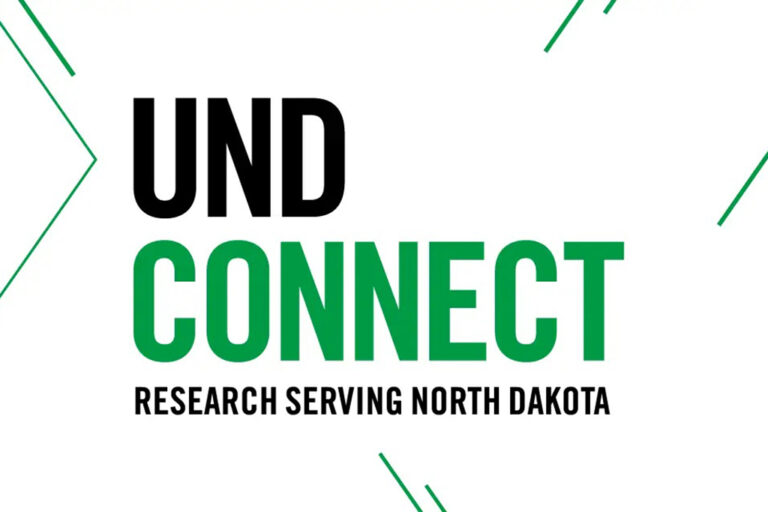Surveying, then serving urban Native Elders
New assessment of urban American Indian/Alaska Native Elders dives deep into what they need to be healthy

Indian Elders living in urban locations are seeking health equity. After all, inequity is all they have known and, often, the lack of resources and historical trauma means that preventive care and serious illness go untreated.
Until now. In 2019 the Coalition on Urban Indian Aging (CoUIA) was created through a unique partnership among six organizations with one goal in mind: improving health equity for Elders. They have planned how to find the data needed to recognize what urban Elders need.
Who is an Elder?
Urban Elders, for the purpose of this project, are defined as American Indian or Alaska Native (AI/AN) people older than the age of 50 and living in an urban area, not on a reservation. In order to increase resources for such people, needs must be identified, which led to the creation of the Native Urban Elder Needs Assessment Survey (NUENAS 1.0).
Dr. Collette Adamsen is the director of the UND-based National Resource Center on Native American Aging (NRCNAA), which is administering the survey.
“This project is important because it is about supporting the urban centers who serve our Native urban Elders,” said Adamsen, “by using the identified needs gathered from the survey to assist in connecting them with resources and funding to address those needs. Our Native urban population is underrepresented in national data sets, which is key to identifying and addressing the needs of this population.”
As Adamsen put it, if there are no data to justify the needs, then Native urban Elders are left out of the conversation, especially when it comes time for the allocation of resources and funding.
“This survey will give the Native urban Elders a voice to tell their story through the data to ensure they are represented and not left behind,” she said. “It is our hope that this project will help improve the quality of life for the Elders and work in partnership with the urban centers to provide the support system to accomplish this goal.”
 Working Together
Working Together
Partners leading this effort include: the Administration for Community Living, the National Council of Urban Indian Health, National Indian Council on Aging, Inc., Kauffman and Associates, Inc., and the NRCNAA, AARP, and UND Center for Rural Health.
Members from each organization came together to create CoUIA, to ensure representation from various groups while focusing on the bigger picture: helping urban Indian Elders. There are 137 questions on the survey covering topics such as physical, social, emotional, and mental health service quality; overall quality of life; unidentified needs; COVID-19 resources and care; and others. All questions asked are to provide data to support improvement of health equity, quality of life, and overall cultural responsiveness. The survey was designed to be taken online using computers, tablets, or smart phones – or on paper. Assistance may be given to help Elders fill out the surveys.
The pilot survey site
“There has been a renewed focus on Elders in Nebraska, focusing on kinship roles,” said Dr. Donna Polk, chief executive officer of the Nebraska Urban Indian Health Coalition (NUIHC). “We know there are a lot of Elders who are caring for young people in their homes, and we need to make sure that these Elders are capable and have the resources required in order to do a good job. Whether [the issue] is food security, home security, environmental security, financial security, all of this ties into their health. I was pleased to have been asked not only to participate in the survey but to be the first urban program to do so.”
NUIHC, which is located in Omaha, Neb., was the first site to facilitate the survey. It hosted the first group of Elders to take the survey at the Nebraska Urban Indian Medical Center in Lincoln, Neb., and had 26 respondents. Appointments were made so everyone could be spaced in time and physically distanced while in the room. The second survey site was at the NUIHC office in Omaha with four respondents.
Paper surveys were used, and staff was available if anyone needed help or had trouble understanding the questions. An online survey is also available.
“We need this information to justify getting money to increase access,” said Dr. Polk. “If you can’t get to the hospital, it will not have the type of effect we want to see. If you can’t get there, but you had a tablet and knew how to do telehealth, then you increase access. That is why this information is so valuable, so we can figure out who needs what and when and how.”
Recruiting Urban Centers
In April, CoUIA began recruiting urban Indian health organizations (UIO) to participate in the survey. The initial focus is on those organizations with an Elder program. The survey will be administered from May to November 2021. Each UIO will receive an incentive for the organization, as well as funds to provide honoraria for the participants.
“We know this is a first round project with a learning curve,” said Adamsen. “We would be happy to have around 1,000 Elders participate in the survey. If there are more, that would be fantastic. But we want to build partnerships and trusting relationships with the urban centers and the Elders.”
Once the survey is complete, each organization will receive its specific data, as well as access to the aggregate data for urban Elders. Once data from the survey are collected and analyzed, work can begin to increase health equity for this population.
“Working with the urban organizations,” said Adamsen, “allows us to use the data to help tap into funding streams and resources that were not available to them previously. We want to help empower our Native urban Elders to connect them with needed resources to assist them in having a better quality of life.”
To learn more about the survey and the CoUIA, visit uiacoalition.org or email info@uiacoalition.org. The website provides information on the survey, participation forms, release information, marketing material support, and other connections to the survey and the coalition.


